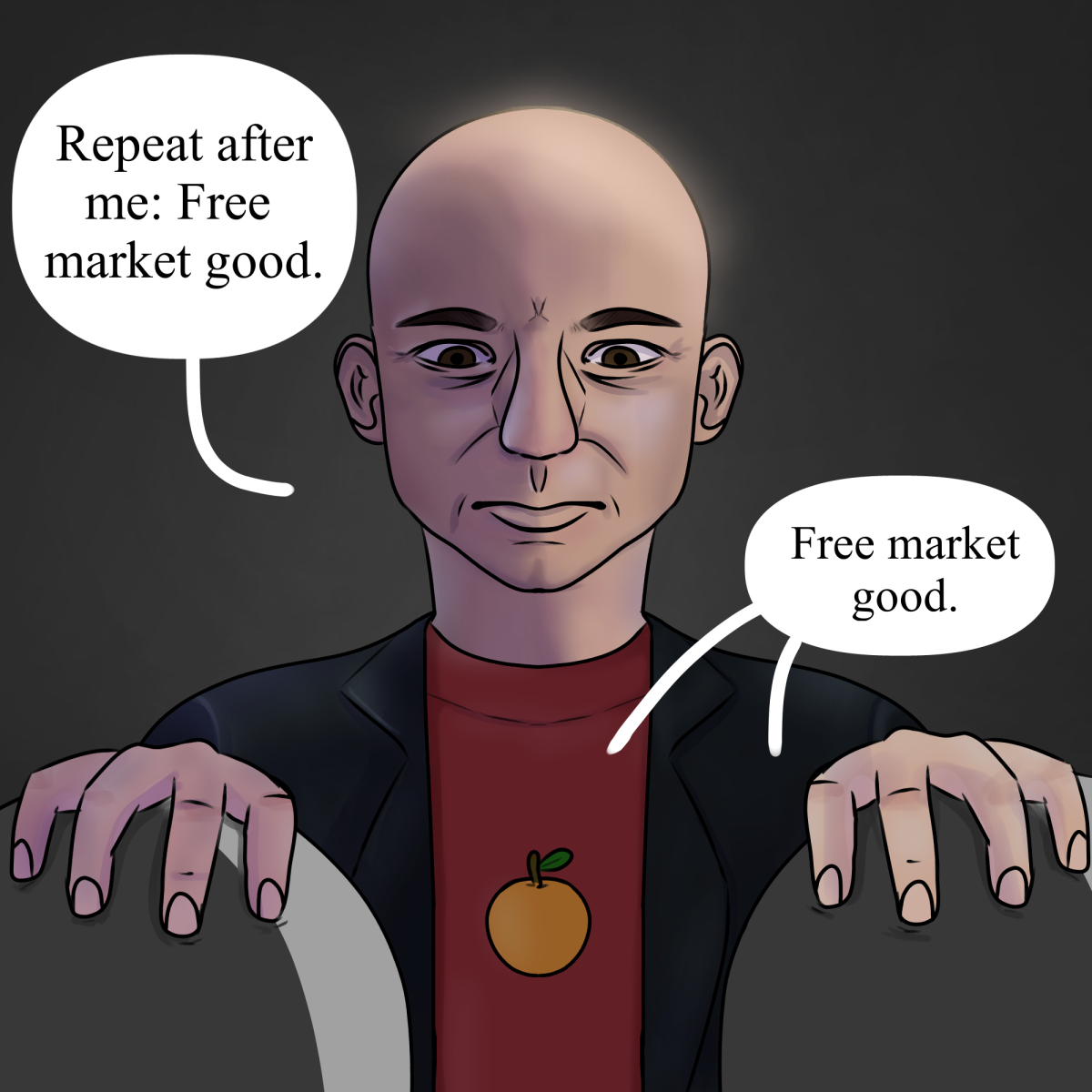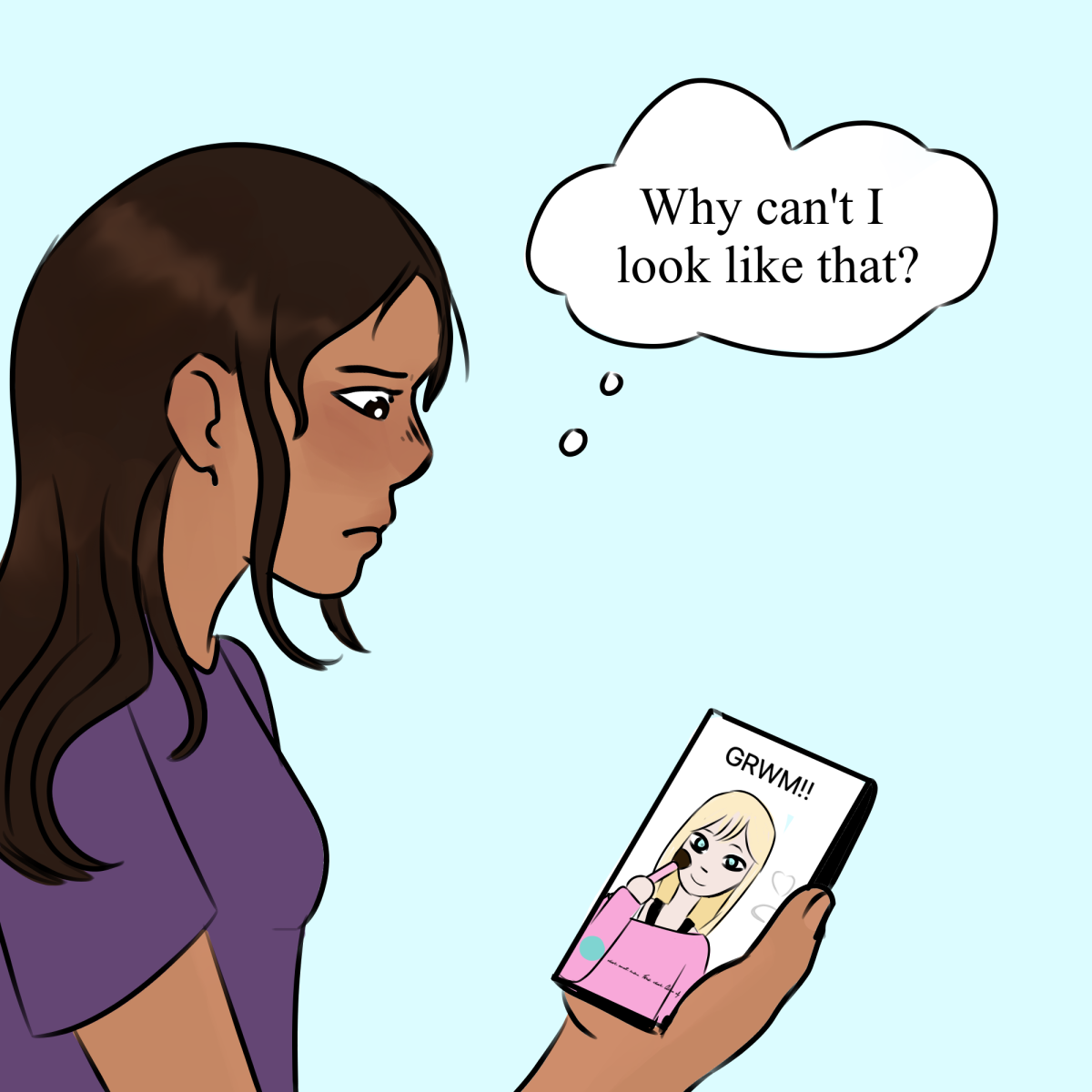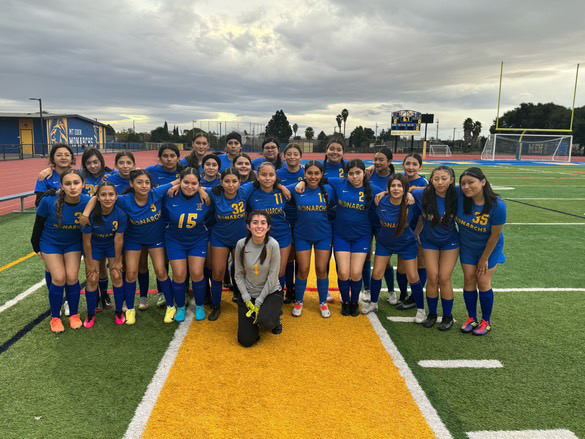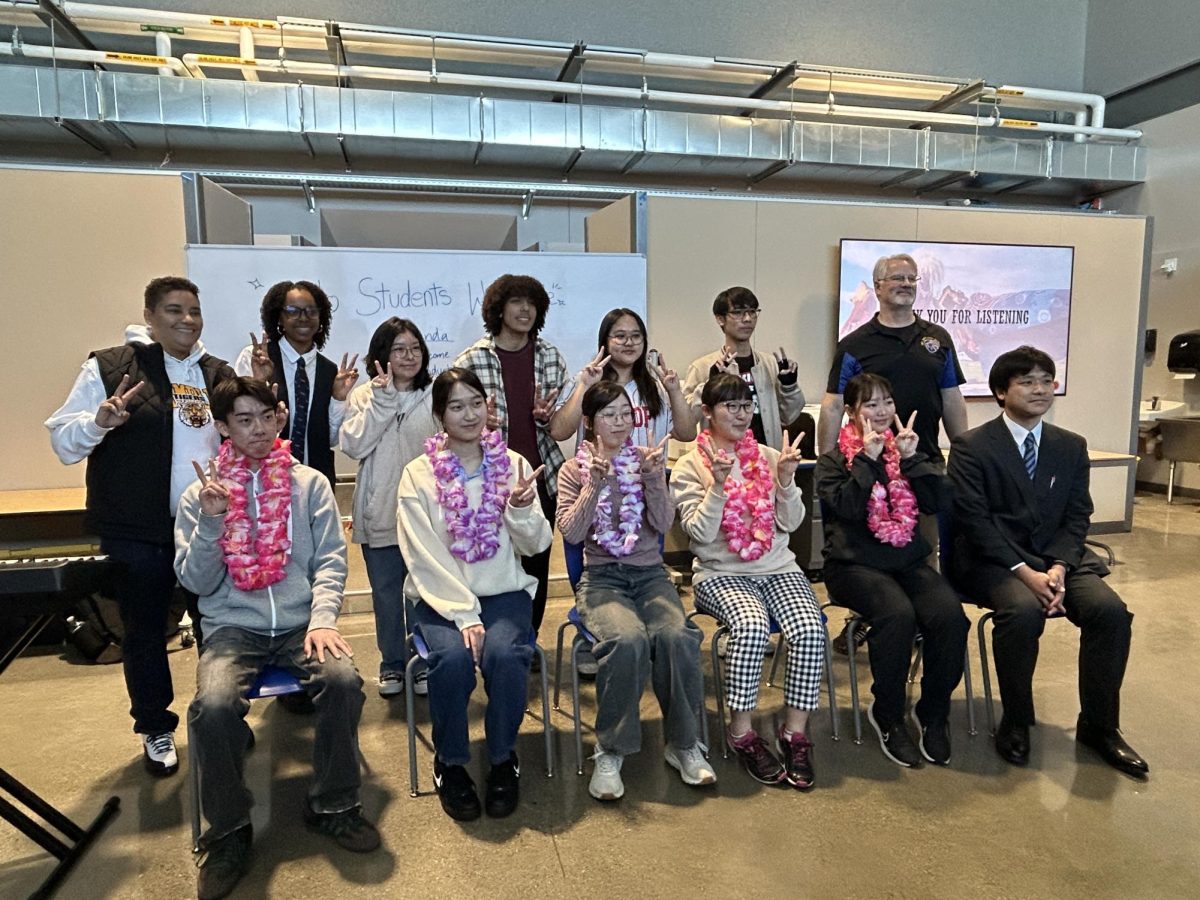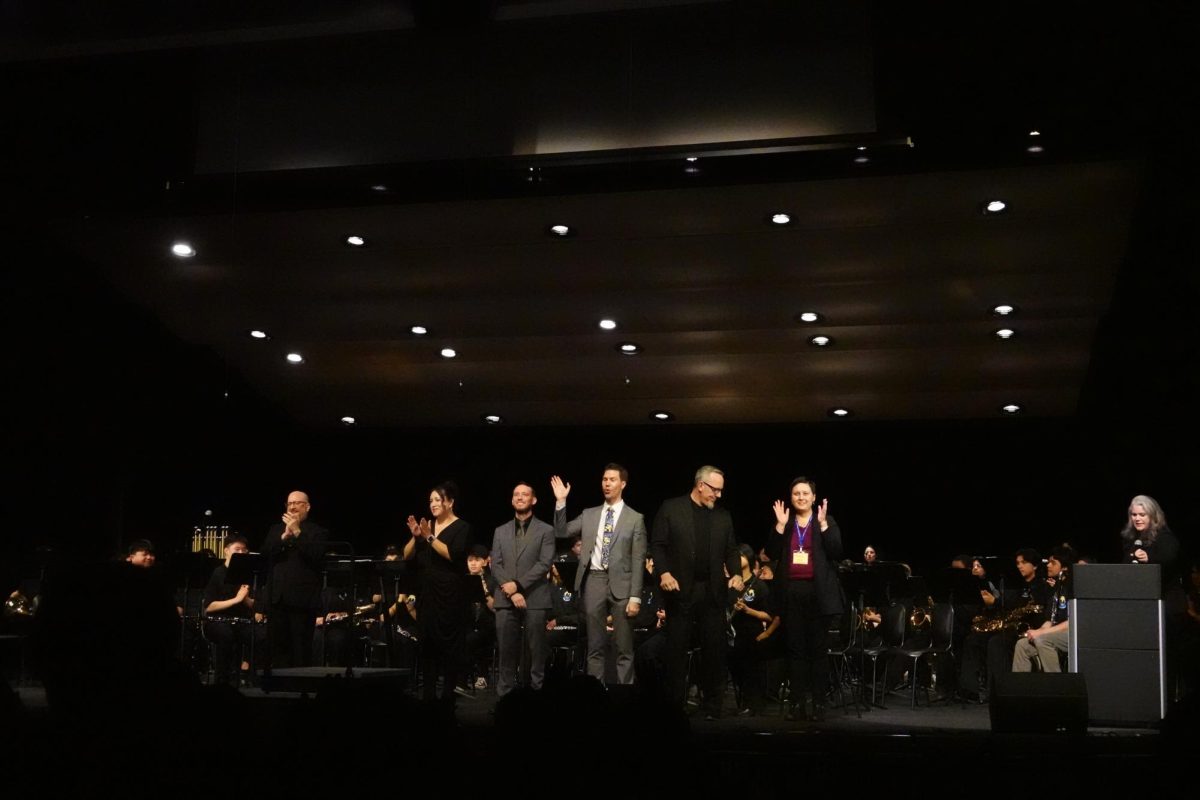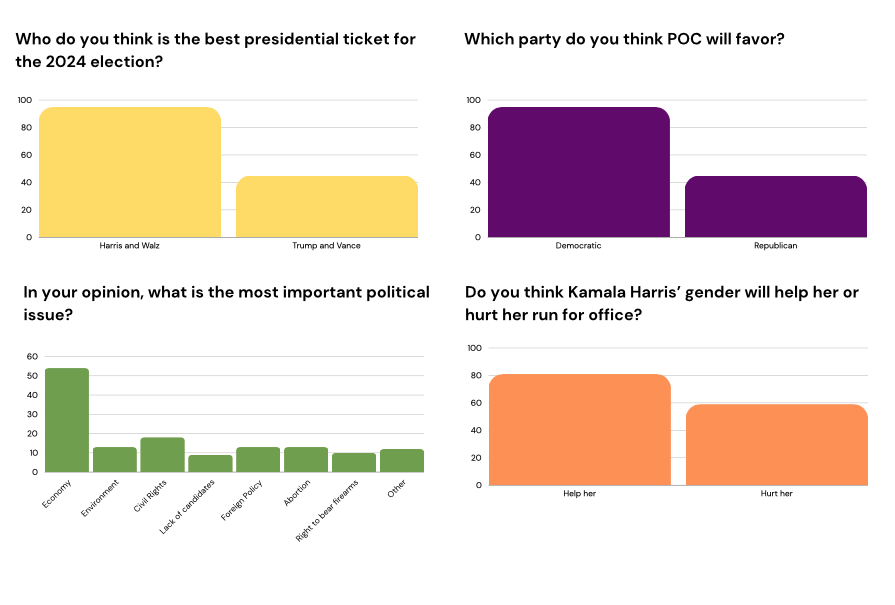Crime and injustices are committed everywhere in the world, and law enforcement must correct these wrongdoings. The feeling of helplessness and shortcomings of law enforcement and the justice system stirs resentment within the populace; citizens begin to want to take matters into their own hands.
Vigilante justice, where individuals take the law into their own hands, occupies a morally gray area between heroism and criminality. In a world where social media is a dominant form of human connection, the appeal of vigilante justice seems to be growing as platforms amplify tales of “justified revenge.”
The phenomenon of vigilante justice has found a fervent support system on social media where stories of vigilantes like Gary Plauche and the accused Luigi Mangione ignite debates and gather widespread sympathy. But what is it that drives people to applaud these extrajudicial actions, even when the means of “justice” are murderous?
Gary Plauche is a classic example. In 1984, Plauche shot and killed Jeffrey Doucet, a man who had abducted and sexually abused Plauche’s son. The killing was captured on live television. A vast majority of people sympathized with Plauche.
Similarly, Luigi Mangione’s alleged actions—killing UnitedHealthcare’s CEO Brian Thompson for being the head of a company notorious for denying insurance claims—echo this question. The difference between the two examples of vigilante justice is made clear when examining the public’s reaction to both acts. Support for Plauche’s action was nearly unanimous, whereas support for Mangione’s alleged action is still heavily debated.
But when does a person’s actions warrant death in the eyes of the mob?
Jeffrey Doucet was indisputably wicked; he abused a child and was fully conscious of his actions. Because of this, it is not hard to believe the support Plauche had for taking justice for his son. Brian Thompson’s case, however, is more difficult to analyze.
Brian was never known to have directly murdered or abused any person, yet the scale of his actions extends beyond any one person—as the CEO of a health insurance company that denies thousands of claims a year, it seems to many that he was the head of a snake responsible for the deaths of tens of thousands of Americans.
It would then seem to me that the question of whether or not the media will justify murder depends on how the media perceives a person’s consciousness and direct involvement when committing grave actions.
Those in support of Brian Thompson’s murder perceive him as a man who was both aware of and actively involved in denying thousands of insurance claims, indirectly murdering thousands of husbands, wives, sons, and daughters—they view him as indulgent in his atrocities as Doucet was.
Those who protest support for Thompson’s murder view him as a man with a wife and two children, who although practiced slimy business operations with his company, never intended to take American lives in exchange for profit; he failed to reflect on how his executive decisions affected others.
Ultimately, the popularity of vigilante justice in this age is a double edged sword, reflecting on our desire for justice and our disillusionment with societal institutions.







